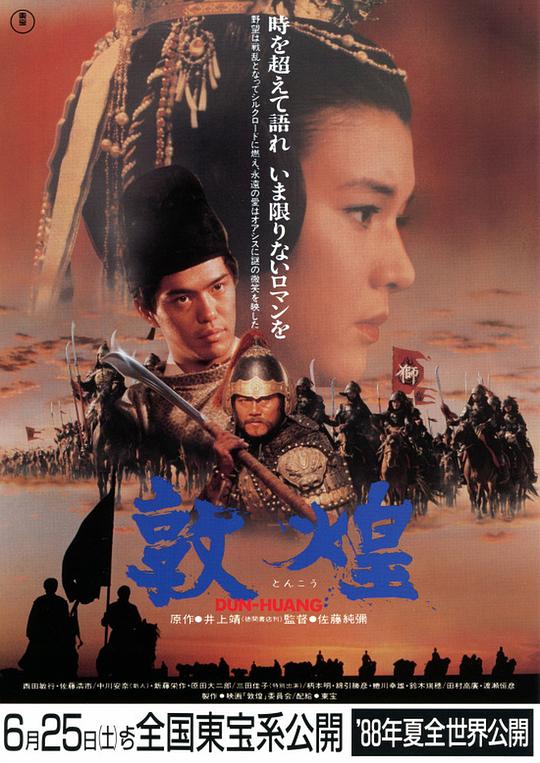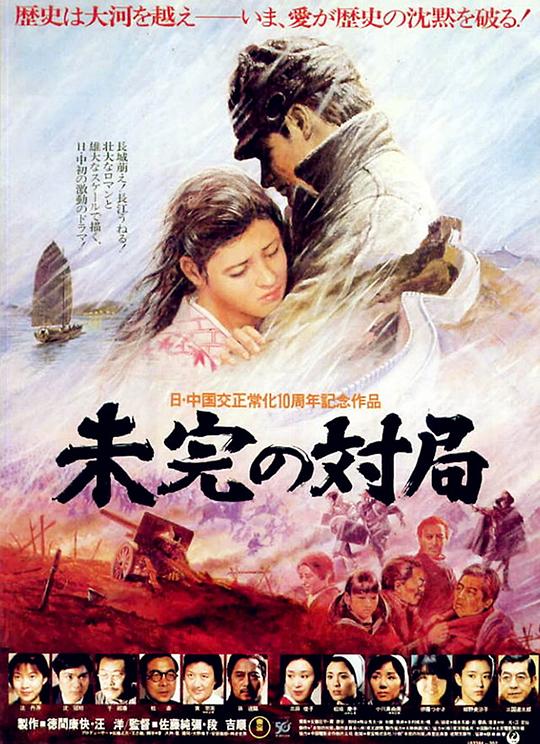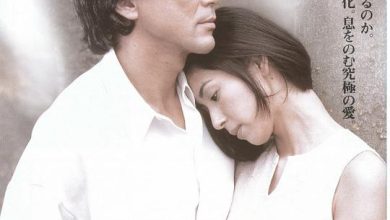
This is the first Chinese-Japanese co-produced movie with a movie script based on Go master Wu Qingyuan, but the actual story content is too far from Wu Qingyuan’s real life.
Wu Qingyuan was a Go artist who created a large number of new Go theories, was devoted to the game of Go all his life, and studied hard to reach the mysterious realm of Go. He always held a pure heart towards Go, and stayed away from the worldly utility, which is really the opposite of the story in this movie.
As a cultured man with no power in his hands, the Go player is not a fighter, so there is no need for him to transform into a resistance fighter to fight the enemy and make worthless sacrifices.
The plot unfolds in two different timelines and crosses over each other. It seems that the storyline is messy, the actors’ expressions are hard, the dubbing is very bad, and it might as well be the original Japanese soundtrack with Chinese subtitles, and all in all, it’s a rather failed ensemble movie.
In fact, there are a lot of classic movies where cultured people were persecuted during wartime, such as Roman Polanski’s The Pianist, which is well worth a look by the director in question.
1982 / Japan China / Drama / JUNYA SATO DUAN JISHUN / LENTARO SANKUO SUN DAWLIN

1920s, Beiping.
At a warlord’s birthday banquet, Japanese Go master Matsuha (Lentaro Mikuni) meets Jiangnan Go king Fong Yishan (Sun Daolin).
Songba realizes that Fong’s son, Ming (Shen Guanchu), is very smart and intends to take him as his student. Songba has just placed a move in the “Tianyuan” position when Fong is arrested by the police who suddenly come to his door.
When Song Bo rescued Fang Yishan, he realized that his time had come and left behind the unfinished game of chess.
A few years later, Fang sold his family business and sent his son to Japan.
Before his departure, he gave his son a folding fan with the word “Fenfei” written on it, telling him to learn chess well and revitalize the chess world of his country in the future.
In 1937, when the Japanese invaded China, A-Ming, who had already obtained the “Heavenly Sacred Position”, refused the request of the Japanese authorities for him to join the Japanese nationality, and was killed by the Japanese army when he decided to flee back to his country.
In Wuxi, Fang Yishan also suffered great misfortune and humiliation because he refused to play against the Japanese colonel. ……




